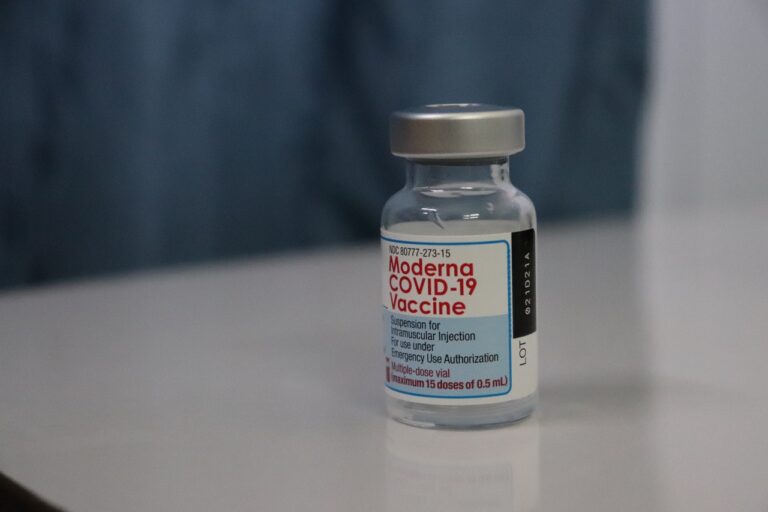The Role of Cardiac Rehabilitation in Heart Failure Management: All pannel.com, Cricket bet99, Lotus365 vip login
all pannel.com, cricket bet99, lotus365 vip login: Heart failure is a serious condition that affects millions of people worldwide. It occurs when the heart is not able to pump enough blood to meet the body’s needs. While there are medications and surgical interventions available to treat heart failure, cardiac rehabilitation plays a crucial role in managing the condition and improving quality of life for those affected.
What is Cardiac Rehabilitation?
Cardiac rehabilitation is a comprehensive program that includes exercise training, education on heart-healthy living, and counseling to reduce stress and improve mental health. It is designed to help patients with heart disease improve their overall cardiovascular health and well-being.
The Role of Cardiac Rehabilitation in Heart Failure Management
1. Exercise Training
Exercise is a key component of cardiac rehabilitation for patients with heart failure. Regular physical activity can help improve cardiovascular fitness, reduce symptoms of heart failure, and enhance overall quality of life. Exercise training can include aerobic activities such as walking, cycling, and swimming, as well as strength training exercises to improve muscle strength and endurance.
2. Education on Heart-Healthy Living
In addition to exercise training, cardiac rehabilitation programs provide education on heart-healthy living. This includes information on diet, medication management, smoking cessation, stress management, and other lifestyle factors that can impact heart health. By learning how to make healthy choices, patients with heart failure can better manage their condition and reduce the risk of complications.
3. Counseling and Support
Counseling and support are also important components of cardiac rehabilitation for patients with heart failure. Living with a chronic condition like heart failure can be challenging, and it is essential for patients to have access to emotional support and resources to help cope with the physical and emotional aspects of the disease. Counseling can help patients navigate the challenges of managing heart failure and improve their overall well-being.
4. Monitoring and Follow-Up
Cardiac rehabilitation programs also include monitoring and follow-up care to track the progress of patients with heart failure. Regular assessments of cardiovascular fitness, symptoms, medication adherence, and other key indicators can help healthcare providers evaluate the effectiveness of treatment and make adjustments as needed. Follow-up care is essential for continued support and management of heart failure.
5. Improving Quality of Life
Overall, the goal of cardiac rehabilitation in heart failure management is to improve the quality of life for patients with this condition. By providing access to exercise training, education, counseling, and support, cardiac rehabilitation programs can help patients with heart failure live healthier, more fulfilling lives. By empowering patients to take control of their health and well-being, cardiac rehabilitation can make a significant difference in the lives of those affected by heart failure.
Frequently Asked Questions
1. What are the benefits of cardiac rehabilitation for heart failure patients?
Cardiac rehabilitation can help improve cardiovascular fitness, reduce symptoms of heart failure, enhance quality of life, and provide support for managing the physical and emotional aspects of the disease.
2. How long does cardiac rehabilitation last?
The duration of cardiac rehabilitation programs can vary depending on individual needs and goals, but most programs last for several weeks to several months.
3. Is cardiac rehabilitation covered by insurance?
Many insurance plans cover cardiac rehabilitation for patients with heart failure. It is important to check with your insurance provider to determine coverage and eligibility.
4. Can I participate in cardiac rehabilitation if I have other health conditions?
Cardiac rehabilitation programs are designed to be safe and effective for patients with heart failure and other health conditions. However, it is essential to consult with your healthcare provider before starting a cardiac rehabilitation program to ensure that it is appropriate for your individual needs.
In conclusion, cardiac rehabilitation plays a vital role in managing heart failure and improving the quality of life for patients with this condition. By providing access to exercise training, education, counseling, and support, cardiac rehabilitation programs can help patients with heart failure live healthier, more fulfilling lives. If you or a loved one is living with heart failure, consider exploring the benefits of cardiac rehabilitation to support your journey to better heart health.







